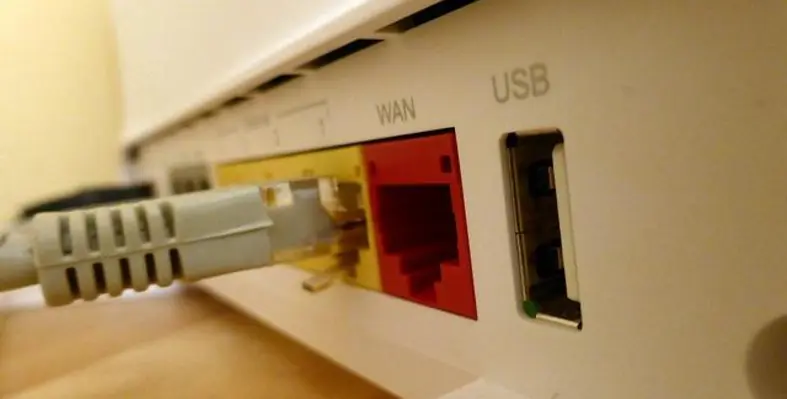Global software provider, Microsoft has announced the launch of new TV white space partnerships and projects on four continents, including Africa
It has also partnered with SpectraLink Wireless and Facebook to provide lowcost wireless connectivity to students and faculty at universities in Koforidua, Ghana, the company said.
TV white spaces, the unused portions of wireless spectrum in the frequency bands generally set aside for television transmissions, can be utilised for a range of applications including: providing low-cost connectivity; connecting rural areas to broadband; improving in-building wireless networks; creating hotspots for Internet access; and offloading mobile traffic.
Microsoft’s commercial partnership with SpectraLink Wireless and research partnership with Facebook will deploy wireless networks covering entire campuses at All Nations University College and Koforidua Polytechnic in Ghana.
This pilot is part of Microsoft’s 4Afrika Initiative to help improve the continent’s global competitiveness. A core goal of the 4Afrika Initiative is to facilitate access to technology for the masses and to empower African students, entrepreneurs, developers, and others to become even more active global citizens.
For students and faculty at the universities, access to the network will be coupled with productivity and communications applications as well as Internet-enabled devices.
The networks will use TV white space-enabled radios and other wireless technologies to connect campus buildings, as well as off-campus hostels where students live, to ensure they have access to fast broadband.
The project is operating under a TV white space pilot license granted by the Ghana National Communications Authority and is the only TV white space license currently issued in West Africa.
“TV white spaces technology when combined with other low-cost wireless technologies, such as Wi-Fi, offers a substantial opportunity for businesses, consumers and governments around the world to improve the economics of broadband network deployment and service delivery,” said Paul Garnett, director in Microsoft’s technology policy group.
“Through these projects worldwide, we are working with local private and public sector partners to enable new consumer experiences, while encouraging governments to make needed legal and regulatory changes to allow this technology to be deployed more broadly.”
“This project will provide substantial benefit to students and faculty at the universities,” said John Sarpong, CEO of SpectraLink Wireless.












